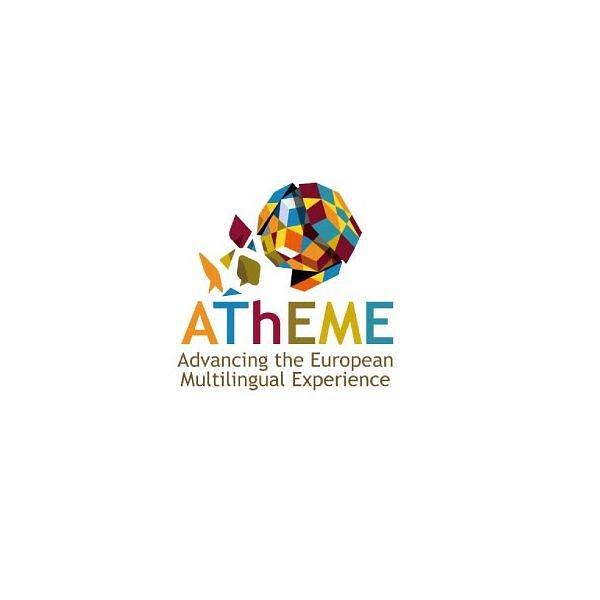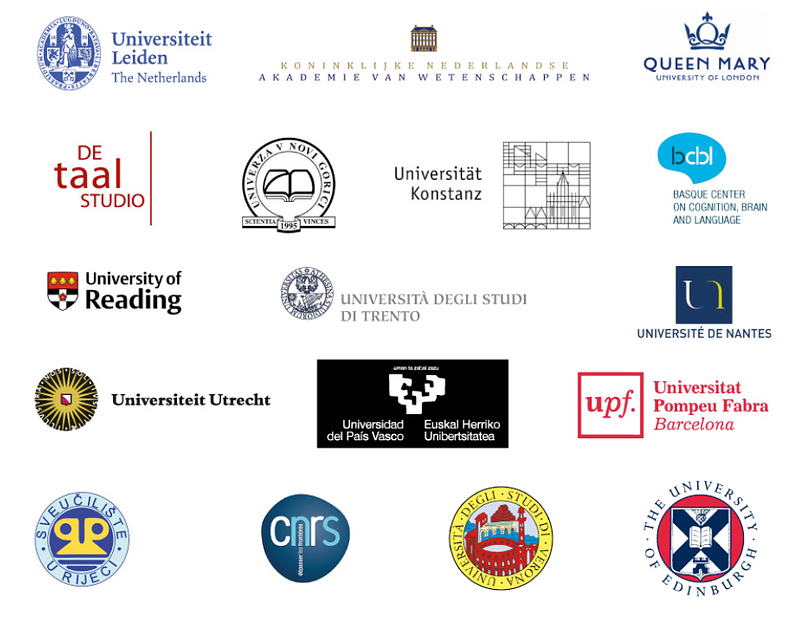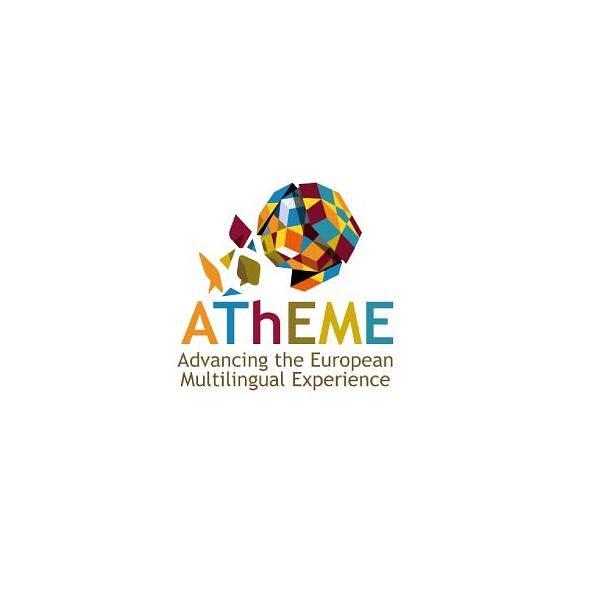
AThEME was a 5-year collaborative research project (2014 – 2019) studying multilingualism in Europe involving researchers from 17 partner institutions across 8 European countries. The project raised awareness of multilingualism among policy makers, health professionals, academics and educators.
Multilingualism is a way of life for many Europeans, and that number is increasing all the time. The EU has 24 official and working languages, and recognises more than 60 regional and minority languages. Immigration and freedom of movement are bringing more and more people into contact with different languages, across different age groups and in different cultural contexts.
AThEME was a 5-year collaborative research project (2014 – 2019) studying multilingualism in Europe. The starting point for AThEME researchers was to try and reconcile how this range of individual and social factors influence multilingualism. The researchers looked at all types of languages and all types of speakers in order to increase our understanding of what it means to be multilingual in today’s Europe. But the project also aimed to make sure these findings weren’t just locked away in universities but are used to make a real difference to the everyday lives of Europeans. Researchers in the project worked to make sure their findings have real impact at the local, national, and European levels.
Researchers from 17 partner institutions across eight European countries worked together:
European Policy Brief: Regional Minority Languages
European Policy Brief: Communicative Impairment
European Policy Brief: Heritage Languages
European Policy Brief: Cognitive Aspects I
European Policy Brief: Cognitive Aspects II
Report on design of new teaching methods and remediation tools for dyslexia
Recommendations for multilingualism and developmental communicative disorders
Funding
The project received funding from the European Union’s Seventh Framework Programme for research, technological development and demonstration under grant agreement no. 613465

